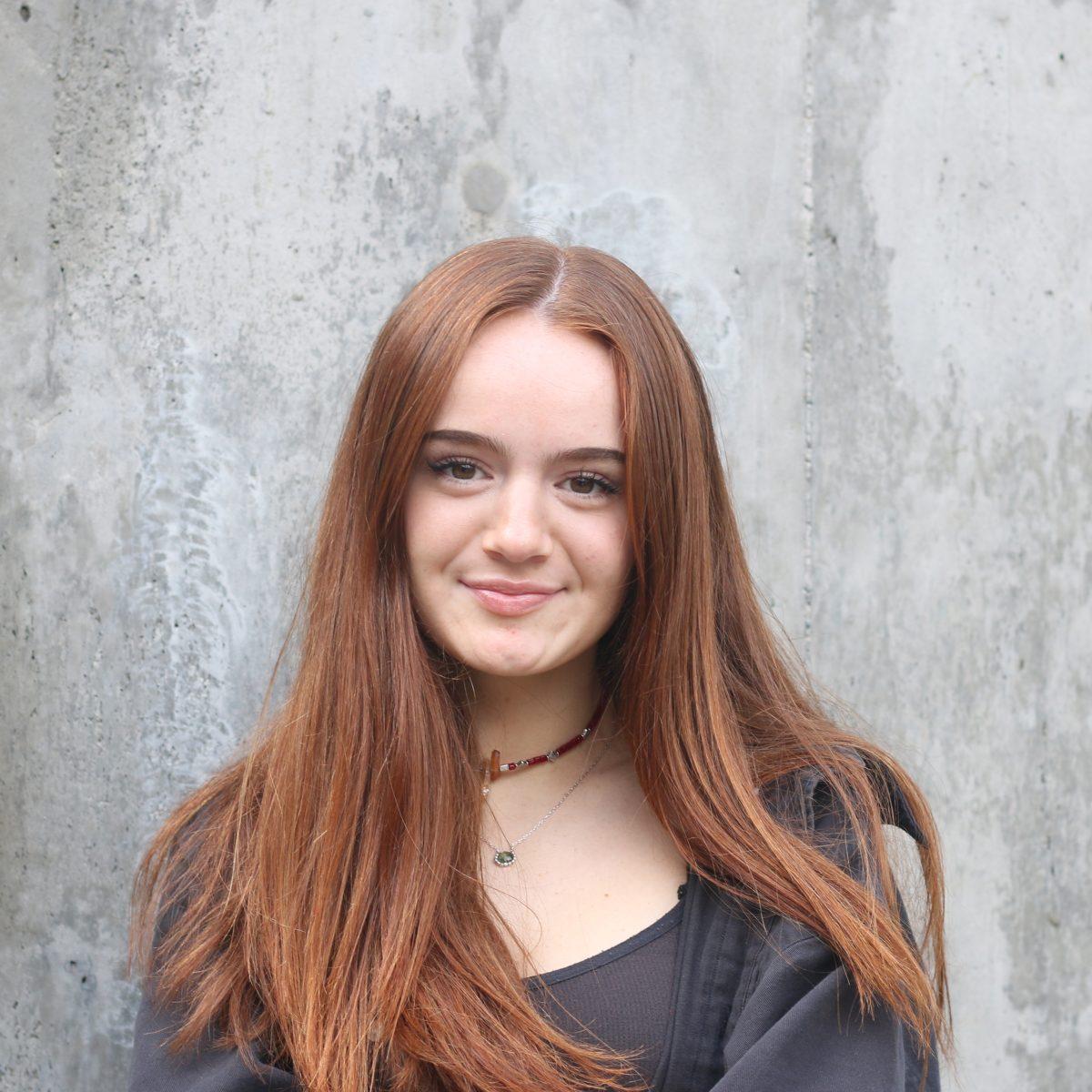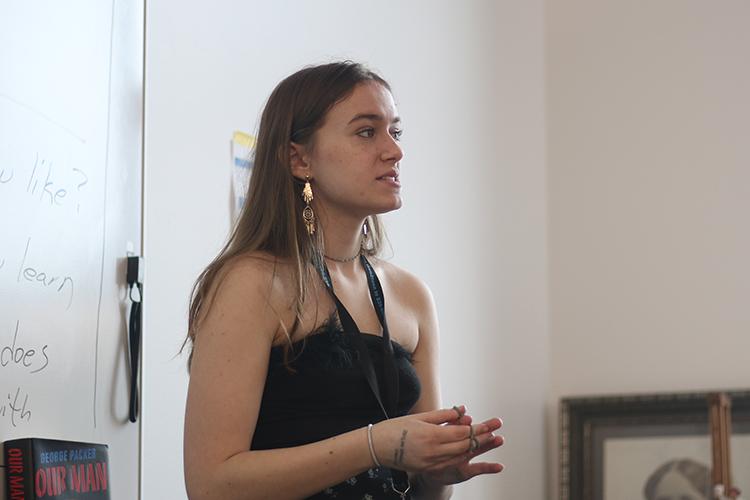 Hasan Minhaj stands on his Patriot Act stage, surrounded by three walls of screens and swallowed by a Tron-like lighting display. “I mean, look at this place,” he says, his hands emphasizing the stressed syllable of each word. “It looks like Michael Bay directed a PowerPoint presentation.”
Hasan Minhaj stands on his Patriot Act stage, surrounded by three walls of screens and swallowed by a Tron-like lighting display. “I mean, look at this place,” he says, his hands emphasizing the stressed syllable of each word. “It looks like Michael Bay directed a PowerPoint presentation.”
Patriot Act is a weekly show in which Minhaj chooses one topic to delve into, much like his fellow Daily Show alumni, John Oliver. The difference between Minhaj and Oliver, however, is that Minhaj is not just a comedian behind a desk. Instead, he relies on the brilliance of the screens behind him and his appropriately timed jokes to engage the audience for a perfectly manicured 26 minutes.
Patriot Act disrupts the classic late night talk show format and introduces a new purpose for political comedy. The viewers count on Minhaj for entertainment as well as education — information on world issues outside of the realm of the typical American consumer.
While late night talk shows can feel like desensitizing entertainment, many comedians are using their platform to educate and inspire. Comedy shows like Patriot Act unpack the complexities of various social institutions which have daily influence in our lives, and this accessible form of education allows viewers to comprehend inequities that are typically disregarded by the general public. In order to advocate for a more equitable future, we must first understand the structures that have been put in place.
Samantha Bee, the first female late night host, has adopted a similar approach in her talk show, Full Frontal. Bee dominates the stage and commands the audience’s attention with her fast-paced enunciation and her chainsaw-like intensity.
Much like Minhaj, Bee does not allow a desk to distance her from her viewers. She is more easily able to create a personal and dynamic relationship with her viewers, relying heavily on statistics to drive her point forward. In an episode that originally aired in September of 2018, Bee broke down America’s health care system, claiming, “the U.S currently spends nearly 3.5 trillion dollars every year on health care … the American system wastes more money than Nicholas Cage at a store that only sells wigs and maps.”
While some may find the use of jokes futile in political matters, humor gives Bee what many educators and even politicians don’t: an audience. Especially a young audience.
Full Frontal has experienced a drastic increase of viewership since Trump’s inauguration. According to Variety, the show returned after a three week hiatus—a week before Trump was sworn into office—to an audience that had grown from 1.32 to 2.11 million. Eighteen to 49 year olds made up 979,000 of that viewership, demonstrating youth’s growing interest in modern politics.
Political comedy makes current events digestible, and in a society that values constant media coverage, it can be both time-consuming and disheartening to stay engaged. “I think, generally, almost everyone can probably agree that the news that we’re receiving right now, generally in the past couple of years is kind of depressing,” says Grant sophomore and founder of Grant’s Leftist club, Gabriel Topping.
But while the tidal wave of national news can be overwhelming, it is important to remain informed so we can be conscientious participants in our society. Educational late-night television motivates young viewers, especially newly registered voters, to stay active in both local and national politics.
According to Amy Bee Becker, a professor at Loyola University Maryland, political comedy inspires young people to keep up with political campaigns outside of late night coverage. She also says that it “increases the likelihood that young people will take part in a protest, march or demonstration, sign an email petition, or sign a written petition about a political or social issue.”
Before the 2016 Presidential election, many Americans found comfort in complacency. Now, with the 24-hour news coverage of scandal after scandal and the rapid deterioration of the environment, there is a newfound urgency to stay informed – if not to better yourself as a member of the community, to at least be able to keep up in the conversation.
We constantly crave entertainment, a craving which can distort our perception of reality and alter how we grasp information. But political comedy challenges that perspective and encourages viewers to remain hypercritical of existing societal systems. Our current political climate is serious. But comedy has allowed us to find a sense of community grounded in hope and laughter.




























